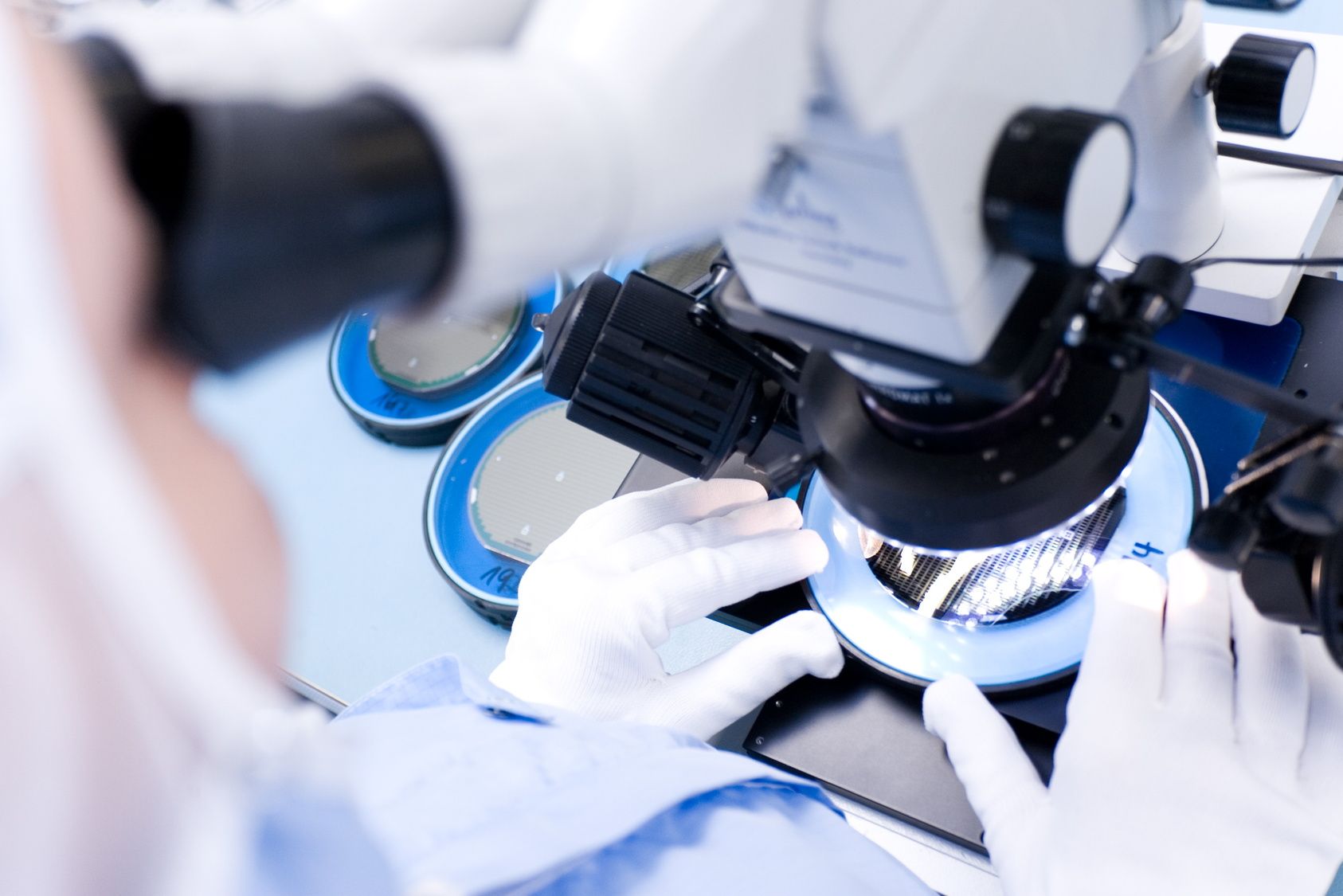
(Vienna, 08 March 2019) Everyone owning a house knows it: to stay like new it needs cleaning and mending. Similarly cells constantly renovate and get rid of unwanted material in a process called autophagy in order to replace it with new parts. This ensures that the organism stays healthy over the years. Like a house renovation, different contractors are employed with repairs and getting rid of waste, and perfect communication is required between them. An international team of scientists from Berlin and Berkeley led by Sascha Martens from the Max Perutz Labs, a joint venture University of Vienna and the Medical University of Vienna now describe how this communication between two important factors takes place and thus ensures that autophagy correctly works in the cell.
Among others, the cell employs these two “contractors”, proteins called p62 and FIP200 to fulfil certain jobs. FIP200 is an important factor in the formation of the autophagosome, the “waste bag” where cellular trash is engulfed. The protein p62 collects and prepares the trash, so that the autophagosome can form around it. The scientists discovered that the two proteins directly communicate with each other. Impairment of this communication disturbs the whole process of autophagy. Structural analysis of FIP200 protein revealed that a part of it is shaped like a claw. Like a worker would grab a pile of trash the claw interacts with p62 and the collected cargo. First author Eleonora Turco explains the findings in detail:
“We characterized the interaction between p62 and FIP200 combining biochemistry, structural biology and cell biology techniques. We discovered that p62 not only recognizes and prepares the cargo, but, through the interaction with FIP200, is able to attract the autophagy machinery leading to the formation of an autophagosome and finally degradation of the cargo. In collaboration with Oliver Daumke, Marie Witt and Tobias Bock-Bierbaum from the Max Delbrück Center in Berlin and the group of James Hurley in Berkeley we identified a pocket in FIP200 Claw that binds a small motif of p62, revealing a long-sought link between cargo collection and autophagic degradation.”
Cells are the building blocks of life, who among other functions, constantly decode the genetic information embedded in DNA and produce proteins, needed for many functions in the organism. Like humans sometimes tend to clutter their homes with unwanted or broken things, the cell produces broken or unneeded proteins that start to accumulate in it. Keeping the “cellular house” clean and new is therefore essential for the organism, as faulty autophagy is involved in many human diseases. Mutations in p62 cause a number of diseases including neurodegeneration. Therefore, the understanding of the mechanisms behind autophagy could help understand how certain diseases in humans occur.
Publikation in Molecular Cell
FIP200 Claw Domain Binding to p62 Promotes Autophagosome Formation at Ubiquitin Condensates. Eleanora Turco, Marie Witt, Christine Abert, Tobias Bock-Bierbaum, Ming-Yuan Su, Riccardo Trapannone, Martin Sztacho, Alberto Danieli, Xiaoshan Shi, Gabriele Zaffagnini Annamaria Gamper, Martina Schuschnig, Dorotea Fracchiolla, Daniel Bernklau, Julia Romanov, Markus Hartl, James H. Hurley, Oliver Daumke, Sascha Martens.
DOI: 10.1016/j.molcel.2019.01.035